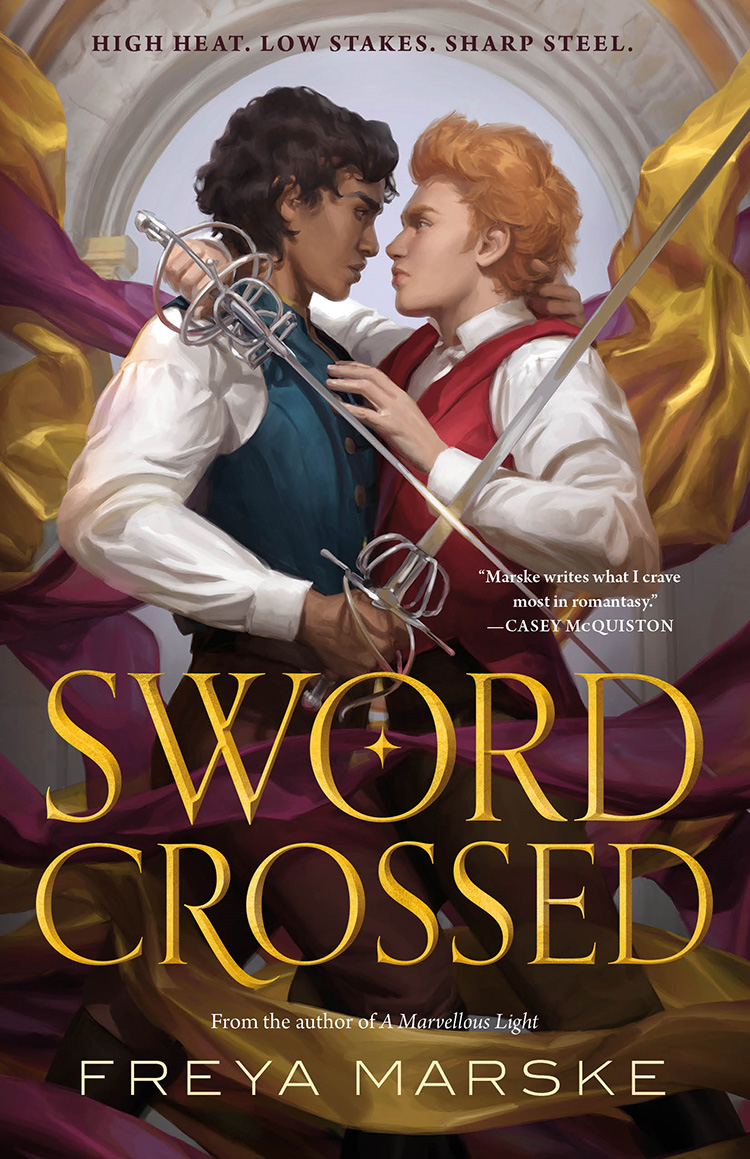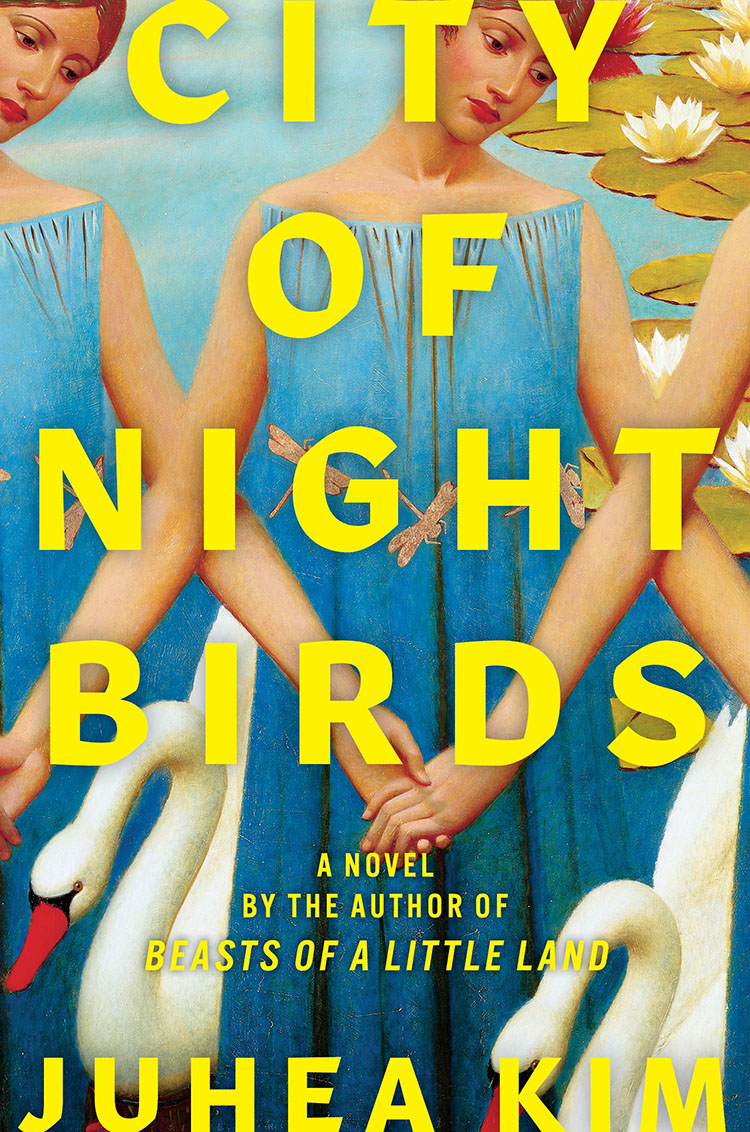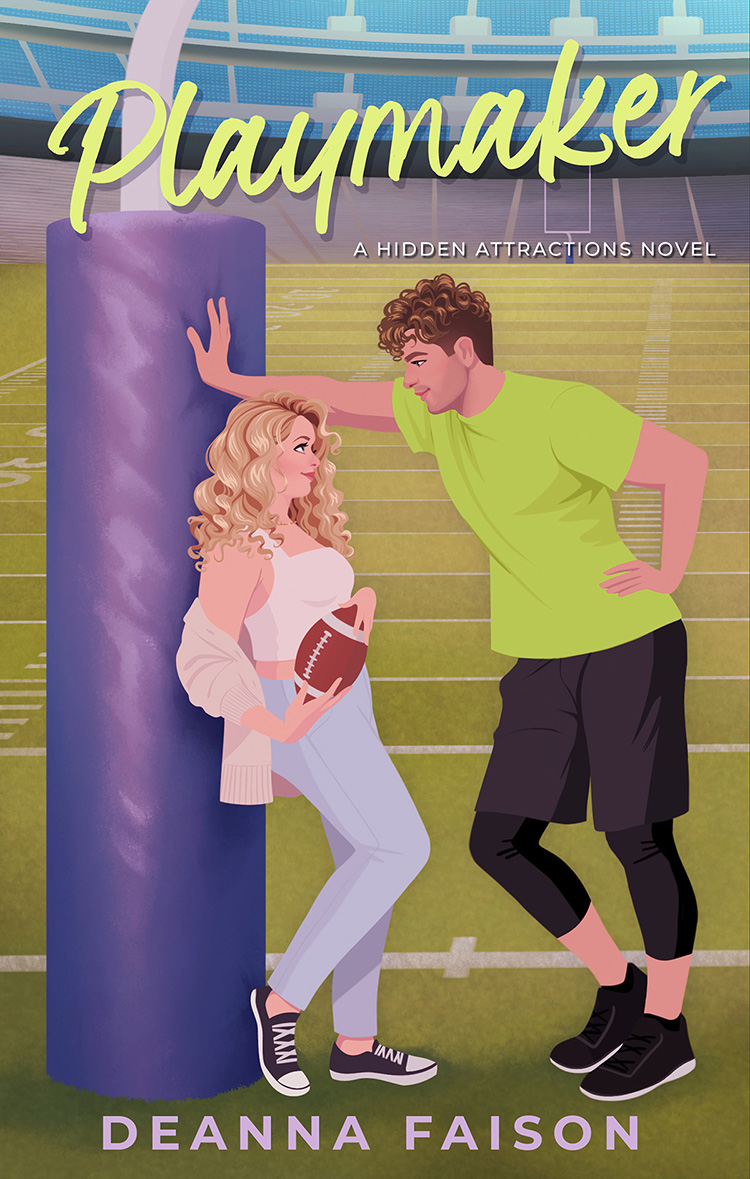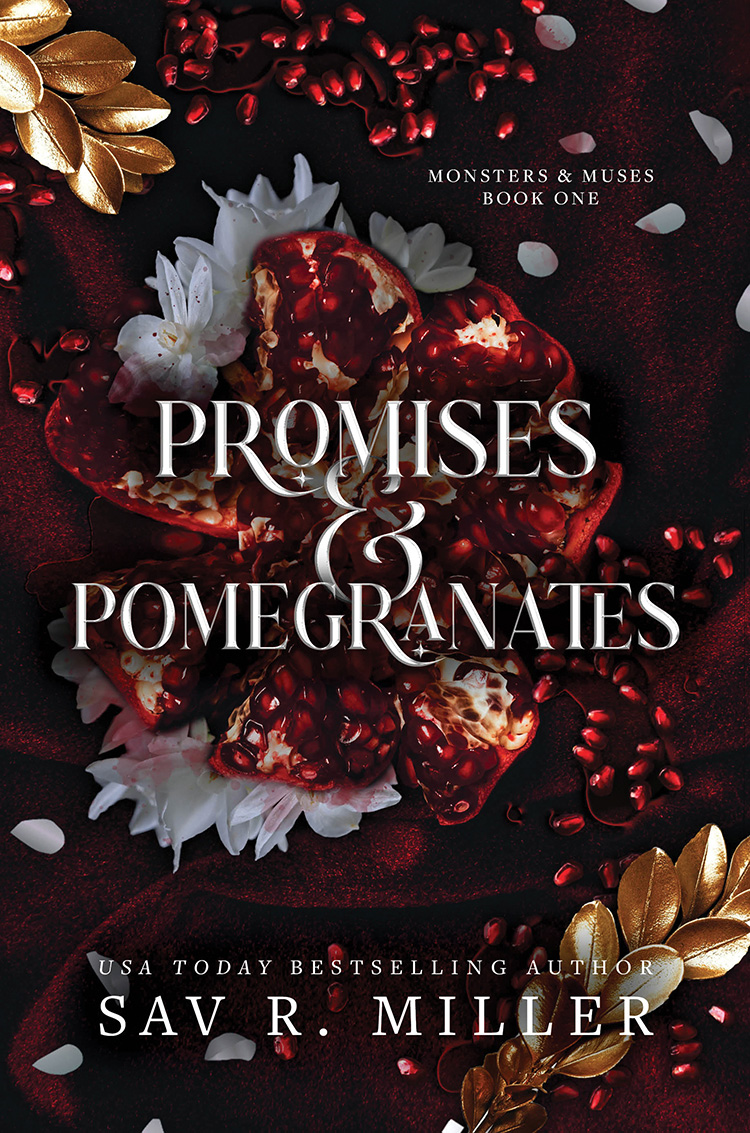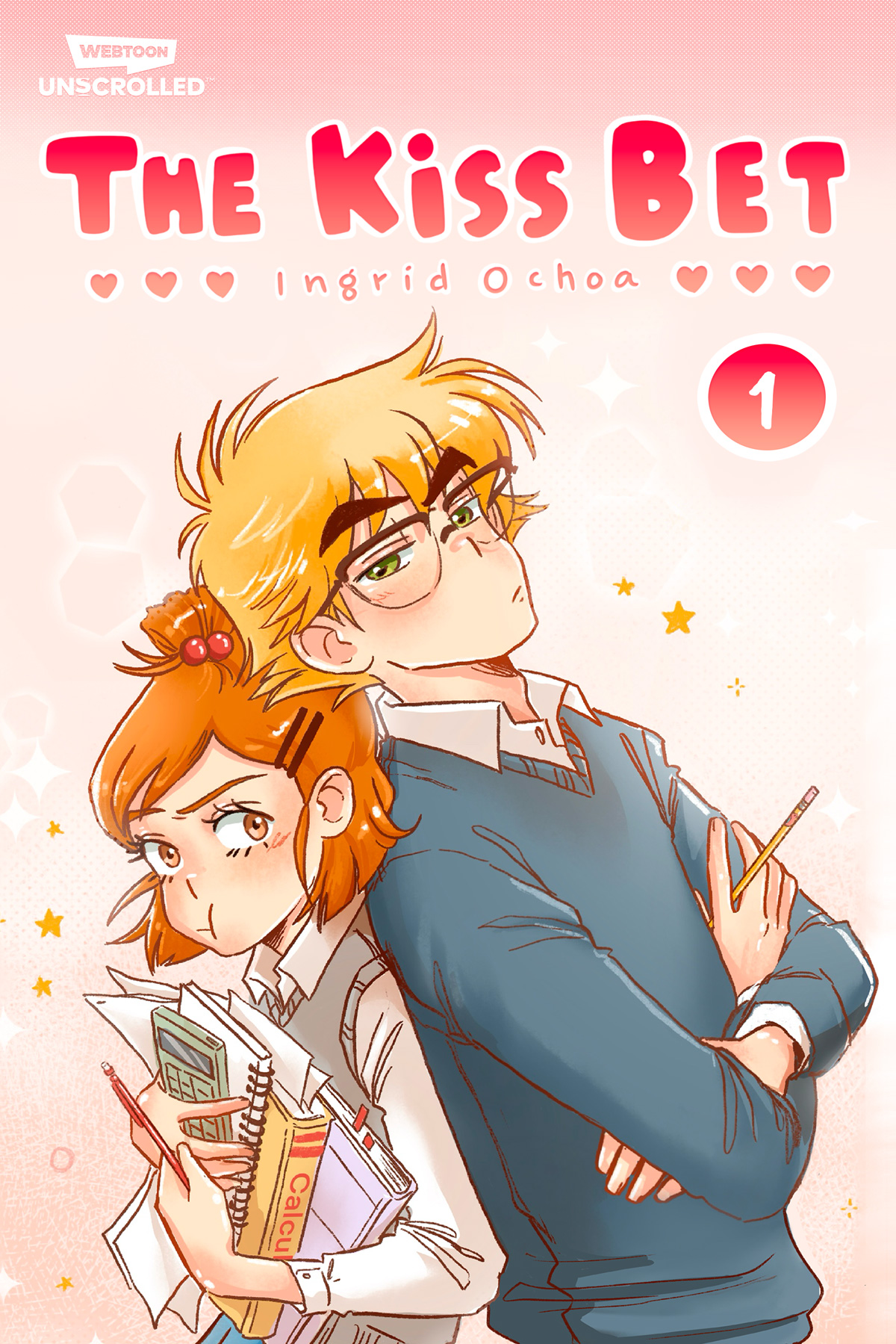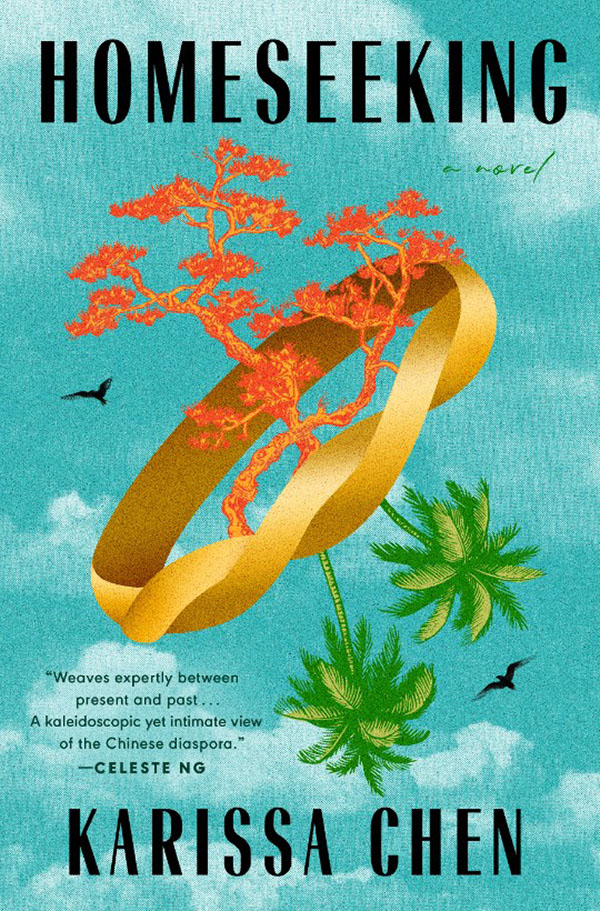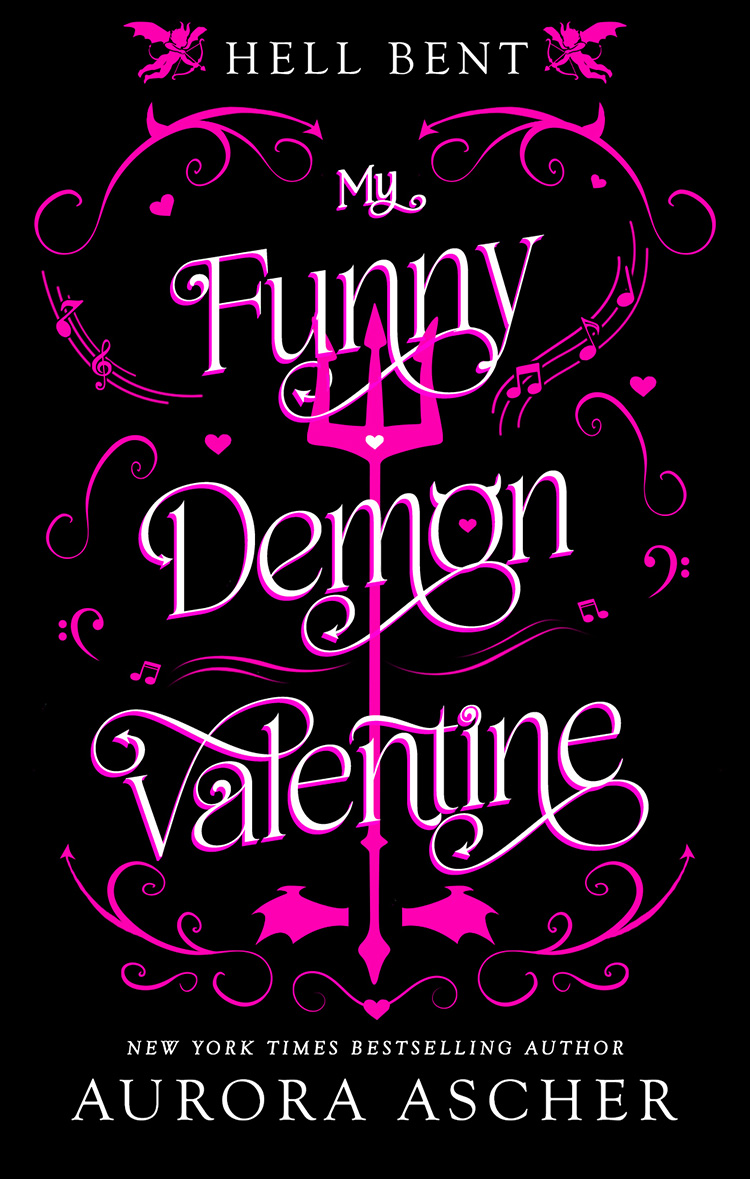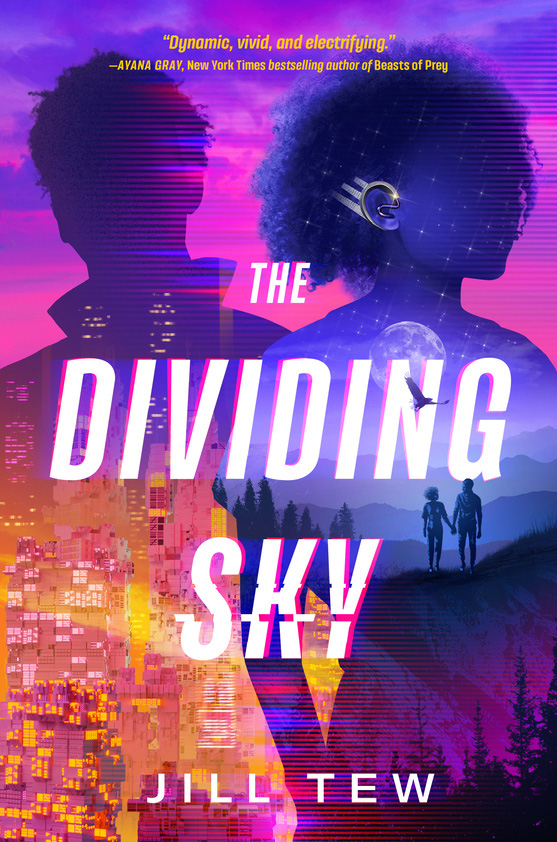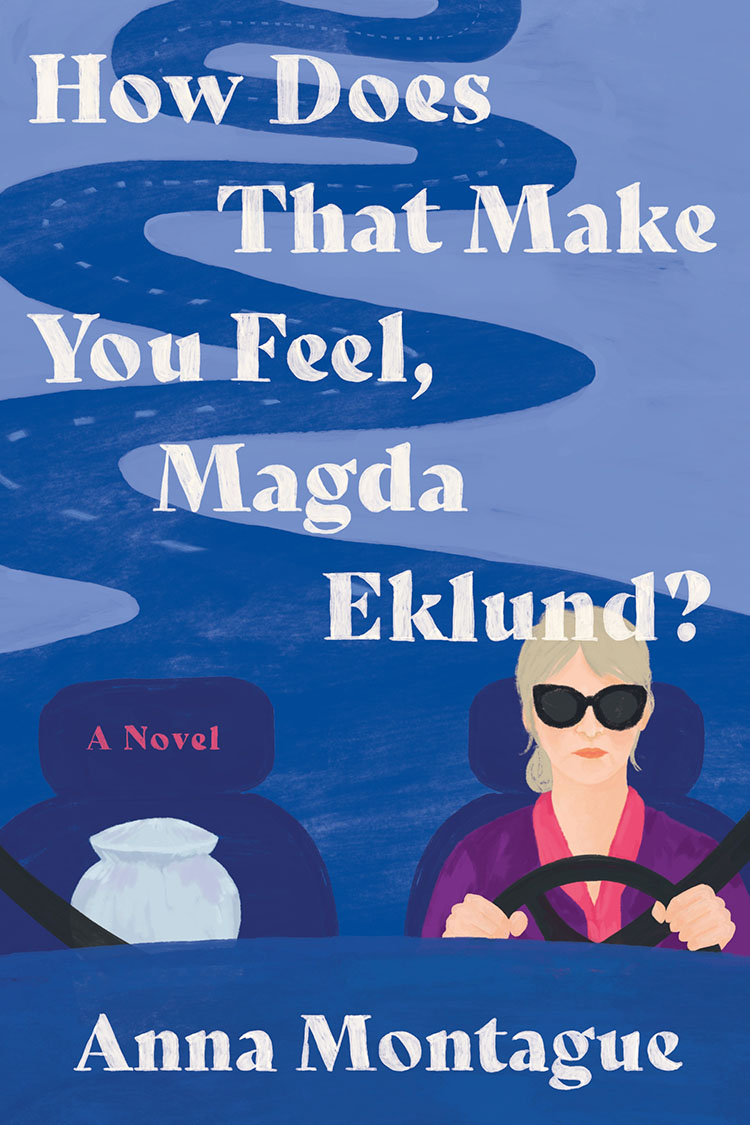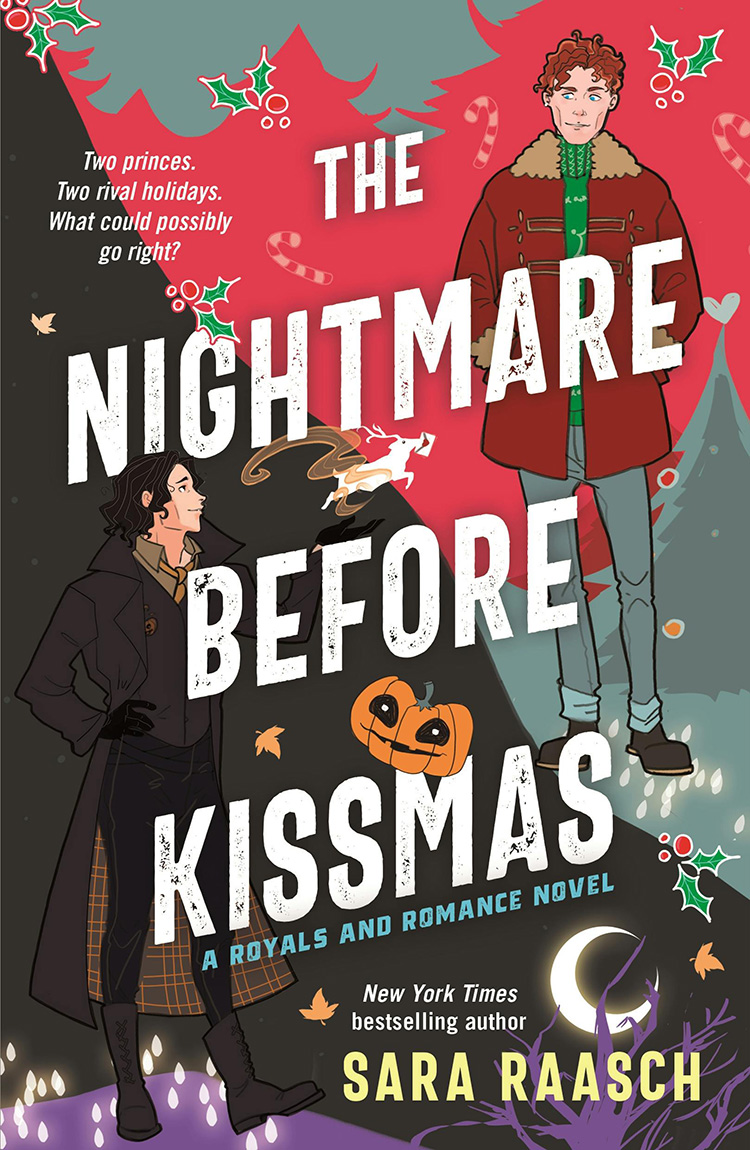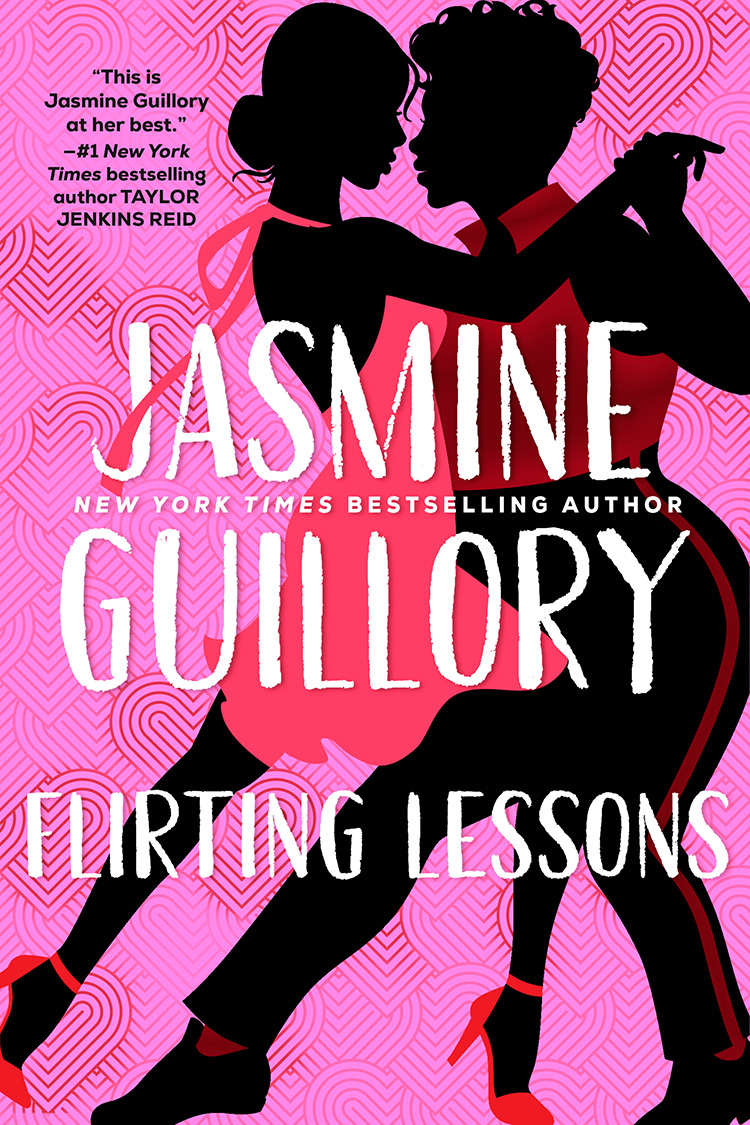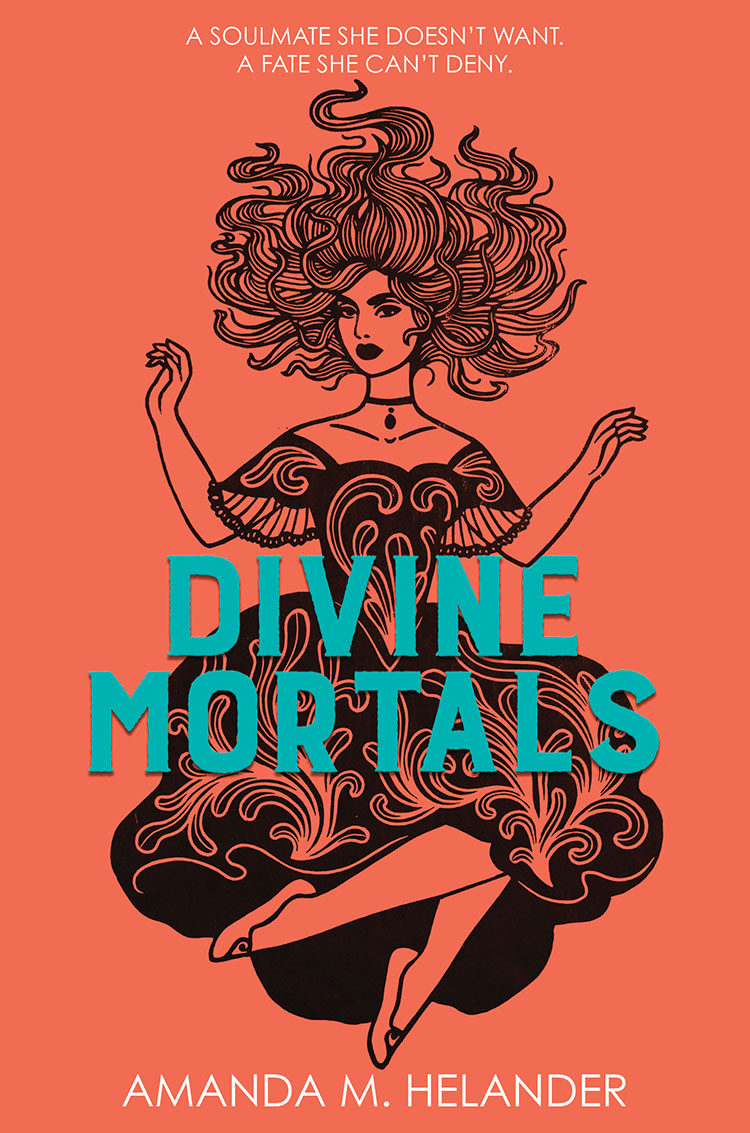Jonathan Abernathy is a loser . . . he’s behind on his debts, he has no prospects, no friends, no ambitions. But when a government loan forgiveness program offers him a literal dream job, he thinks he’s found his big break. If he can appear to be competent at his new job, entering the minds of middle-class workers while they sleep and removing the unsavory detritus of their waking lives from their unconscious, he might have a chance at a new life. As Abernathy finds his footing in this new role, reality and morality begin to warp around him. Soon, the lines between life and work, love and hate, right and wrong, even sleep and consciousness, begin to blur.
Archives
We Are a Haunting
We Are a Haunting follows three generations of a working class family and their inherited ghosts: a story of hope and transformation. In 1980’s Brooklyn, Key is enchanted with her world, glowing with her dreams. A charming and tender doula serving the Black women of her East New York neighborhood, she lives, like her mother, among the departed and learns to speak to and for them. Her untimely death leaves behind her mother Audrey, who is on the verge of losing the public housing apartment they once shared. Colly, Key’s grieving son, soon learns that he too has inherited this sacred gift and begins to slip into the liminal space between the living and the dead on his journey to self-realization. A supernatural family saga, a searing social critique, and a lyrical and potent account of displaced lives, We Are a Haunting unravels the threads connecting the past, present, and future, and depicts the palpable, breathing essence of the neglected corridors of a pulsing city with pathos and poise.
Bad Fruit
For fans of My Dark Vanessa and Celeste Ng, Bad Fruit is an unforgettable portrayal of a toxic mother-daughter relationship and a young woman’s search for truth and liberation.
Just graduated from high school and waiting to start college at Oxford, Lily lives under the scrutiny of her volatile Singaporean mother, May, and is unable to find kinship with her elusive British father, Charlie. When May suspects that Charlie is having an affair, there’s only one thing that calms May down: a glass of perfectly spoiled orange juice served by Lily, who must always taste it first to make sure it’s just right.
As her mother becomes increasingly unhinged, Lily starts to have flashbacks that she knows aren’t her own. Over a sweltering London summer, all semblance of civility and propriety is lost, as Lily begins to unravel the harrowing history that has always cast a shadow on her mother. The horrifying secrets she uncovers will shake her family to its core, culminating in a shattering revelation that will finally set Lily free.
Beautiful and shocking, Bad Fruit is as compulsive as it is thought-provoking, as nuanced as it is explosive. A masterful exploration of mothers and daughters, inherited trauma and the race to break its devastating cycle, Bad Fruit will leave readers breathlessly questioning their own notions of femininity, race and redemption.
Home Bound
A multifaceted globe-spanning exploration of identity, family, belonging, and the meaning of home.
In this singular and intimate memoir of identity and discovery, Vanessa A. Bee explores the way we define “home” and “belonging” from her birth in Yaoundé, Cameroon, to her adoption by her aunt and her aunt’s white French husband, to experiencing housing insecurity in Europe and her eventual immigration to the US. After her parents’ divorce, Vanessa traveled with her mother to Lyon and later to London, eventually settling in Reno, Nevada, as a teenager, right around the financial crisis and the collapse of the housing market. At twenty, still a practicing evangelical Christian and newly married, Vanessa applied to and was accepted by Harvard Law School, where she was one of the youngest members of her class. There, she forged a new belief system, divorced her husband, left the church, and, inspired by her tumultuous childhood, pursued a career in economic justice upon graduation.
Vanessa’s adoptive, multiracial, multilingual, multinational, and transcontinental upbringing has caused her to grapple for years with foundational questions such as: What is home? Is it the country we’re born in, the body we possess, or the name we were given and that identifies us? Is it the house we remember most fondly, the social status assigned to us, or the ideology we forge? What defines us and makes us uniquely who we are?
Organized unconventionally around her own dictionary-style definitions of the word “home,” Vanessa tackles these timeless questions thematically and unpacks the many layers that contribute to and condition our understanding of ourselves and of our place in the world.
The Town of Babylon
When his father falls ill, Andres, a gay Latinx professor of public health, returns to his suburban hometown to tend to his father’s recovery. Reevaluating his rocky marriage in the wake of his husband’s infidelity and with little else to do, he decides to attend his twenty-year high school reunion, where he runs into the long-lost characters of his youth. During this short stay, Andres confronts these relationships, the death of his brother, and the many sacrifices his parents made to offer him a better life. A novel about the essential nature of community in maintaining one’s own health, The Town of Babylon is an intimate portrait of queer, racial, and class identity, a call to reevaluate the ties of societal bonds and the systems in which they are forged.

